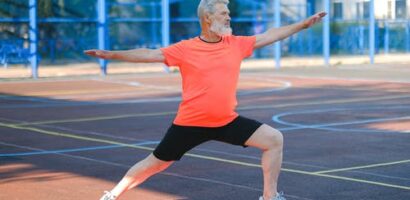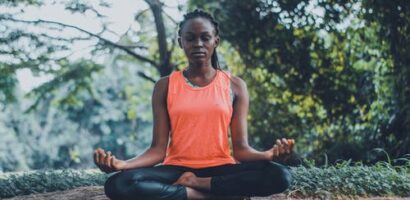Exercise for Older Adults – Active Ageing
Regardless of how active we are, most of us are aware that there are guidelines as to how much physical activity we SHOULD be doing to support our optimum health, wellbeing and healthy weight maintenance. What we may not be aware of, however, is that guidelines change at different ages and stages of life. As young people, we are often educated at school on how to keep healthy and are required to take part in regular PE lessons and exercise. As adults we may have become more interested in certain sports and have found what we enjoy or we may exercise to protect ourselves from certain health conditions and weight gain. What happens to our physical activity levels as we enter our later years though? Many people find that their bodies can’t quite do the things they used to, or at least not with such ease. It’s true that there are certain physical and cognitive changes linked with the ageing process and that exercise can help to manage these, so what SHOULD we be doing to support healthy, active ageing?






